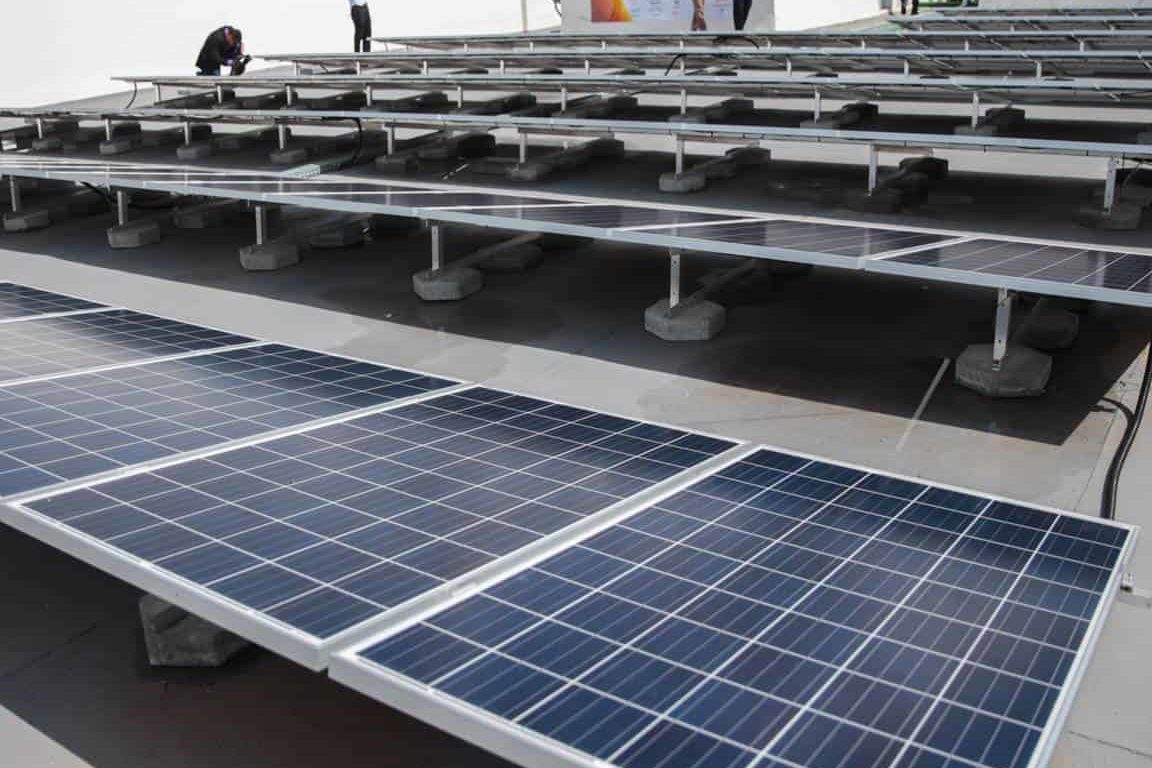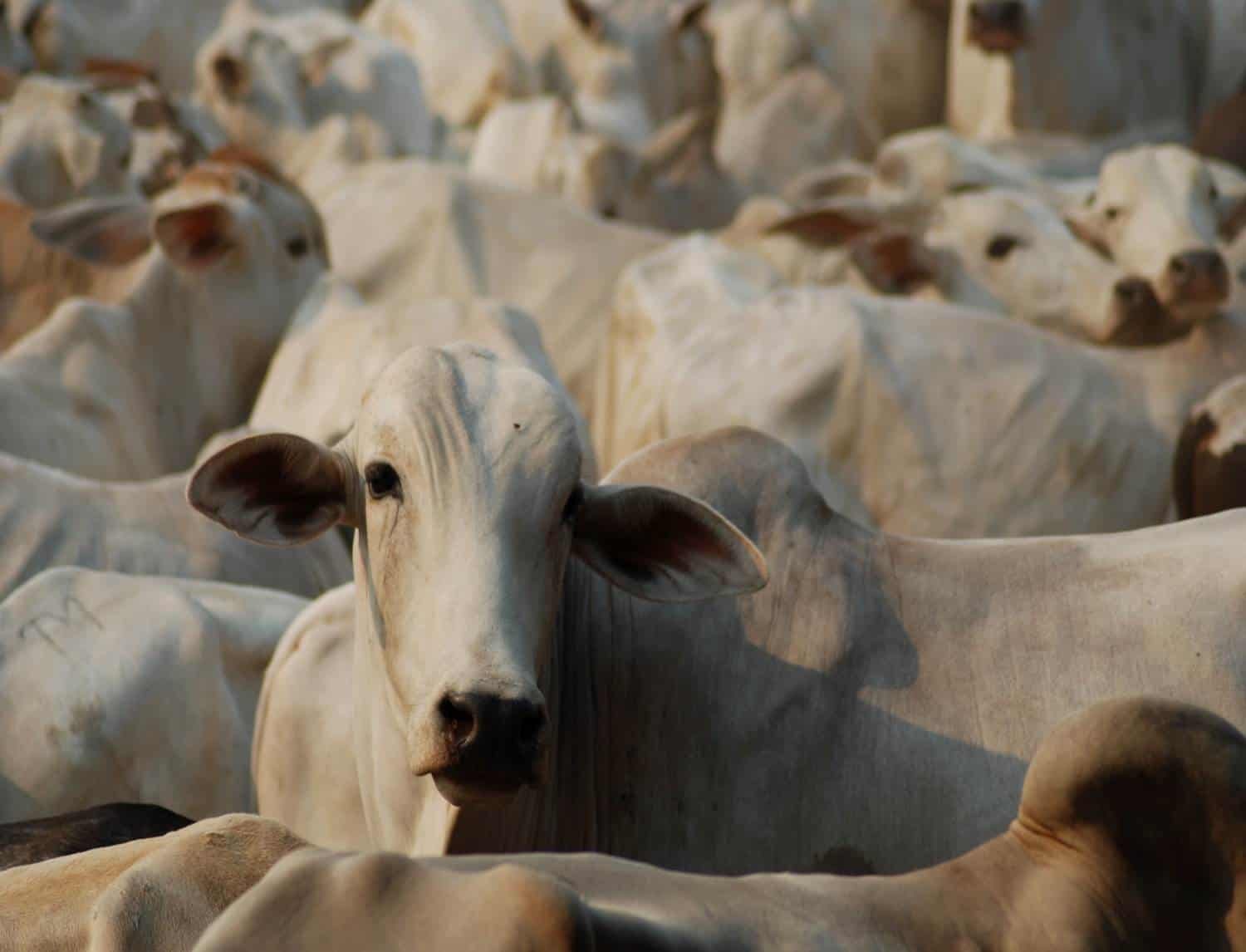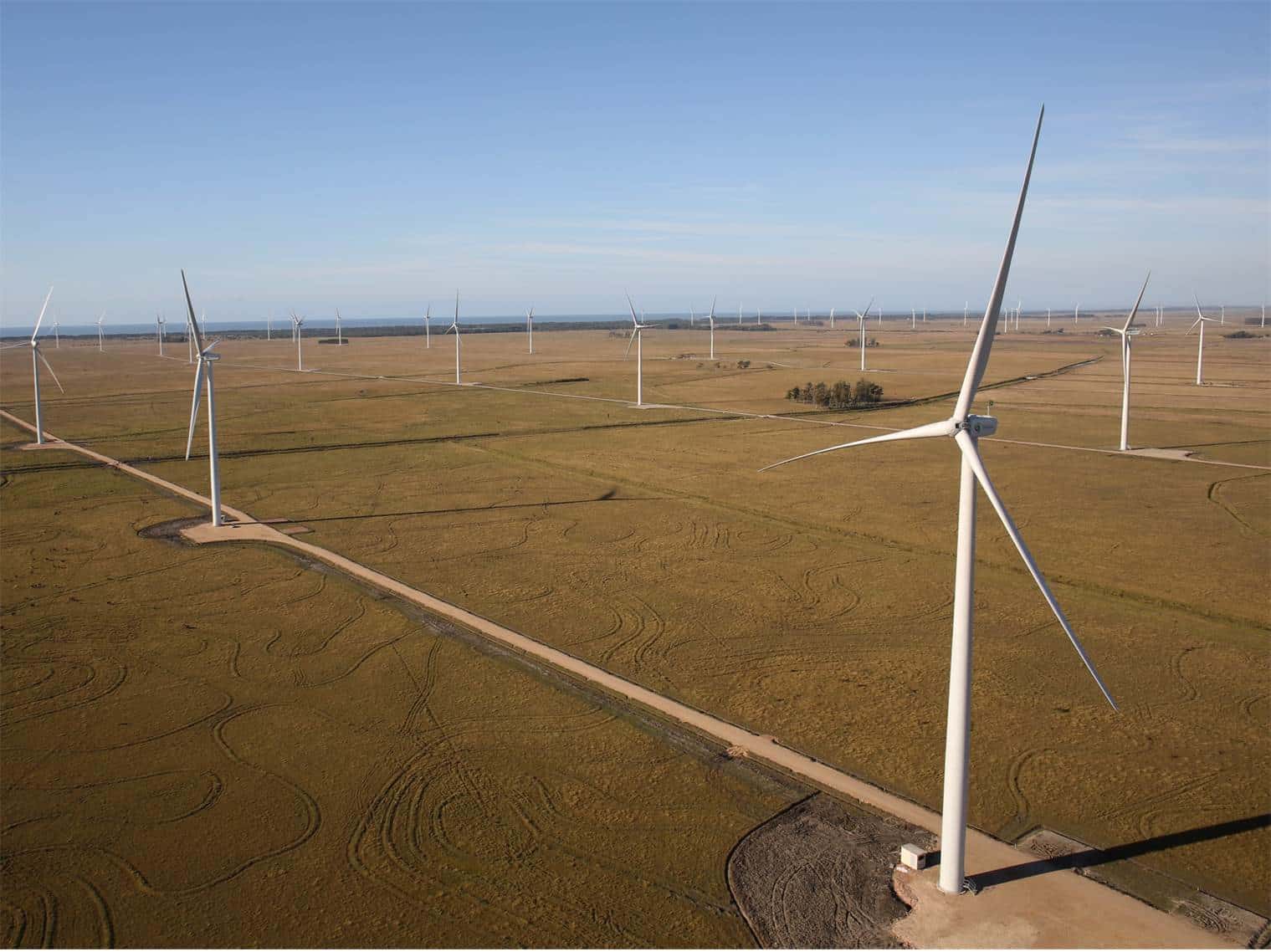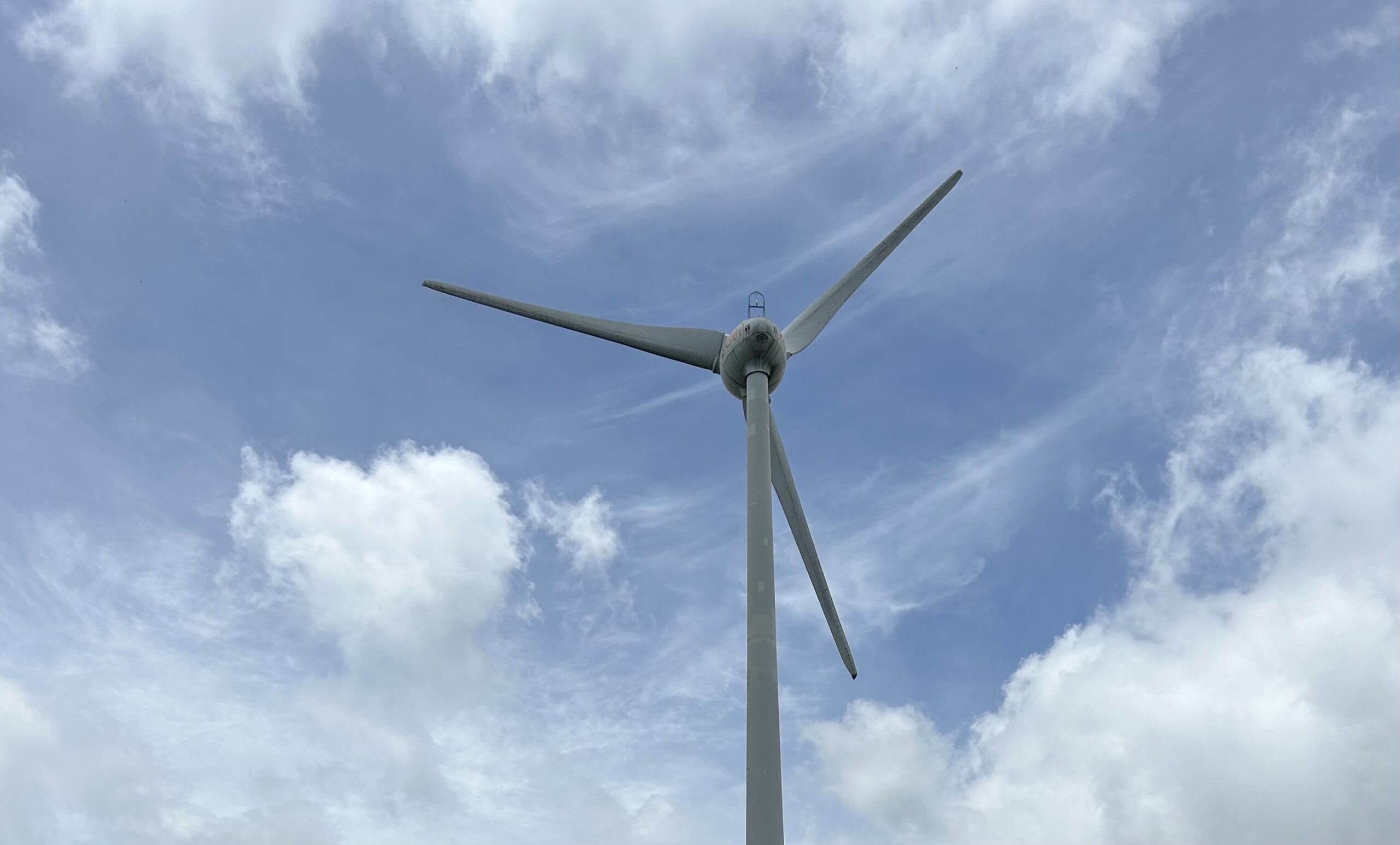The Brasil Innovation Lab for Climate Finance – a group of public and private investors and finance experts on land use and energy in Brazil – continues to make progress on three financial instruments which could catalyze large-scale investment in Brazil.
Brasil Lab Members recently convened to review progress on the instruments’ development and recommend areas for further development, with the aim of launching them for implementation in the fall of 2017.
The three instruments, selected from a pool of 65 submissions in February, are:
- The Green Receivables Fund: Proposed by Albion Capital and Get2C Brasil, the fund adapts an existing instrument – Fundo de Investimento em Direitos Creditórios (FIDC) – that allows companies to raise capital by securitizing receivables but apply it to green projects.
- Climate-Smart Cattle Ranching: Proposed by the Nature Conservancy, the initiative aims to increase the supply of deforestation-free beef from the Amazon by developing a prototype business that will implement Embrapa’s Good Agriculture Practices with individual ranchers that register to comply with the Brazilian Forest Code.
- Distributed Generation for Cooperatives in Brazil: Submitted by Renobrax Energias Renováveis, the proposal introduces a project leasing model that allows agricultural cooperatives to finance solar and wind while lowering their electricity costs.
The Brasil Lab is one of the initiatives that was initially launched under the auspices of the Brazil-U.S. Climate Change Working Group, led by the Brazilian Ministry of Foreign Affairs and the U.S. Department of State. The Brasil Lab, assembled by the Global Innovation Lab for Climate Finance, includes institutions like Caixa, Santander, BNDES, the International Finance Corporation, the Climate Investment Funds, FEBRABAN, the Global Environmental Fund, the Brazilian Ministry of Finance, and the United States Trade and Development Agency, among others. Climate Policy Initiative serves as the Secretariat and analytical provider.



